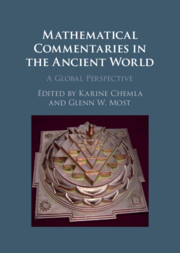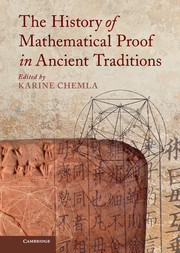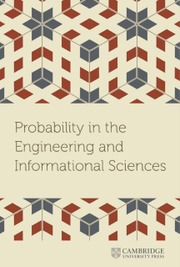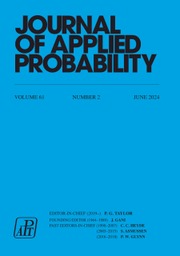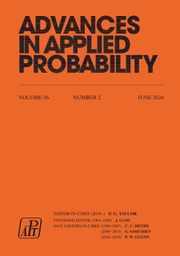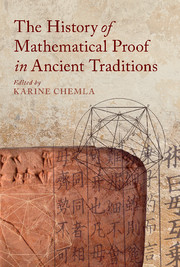Mathematical Commentaries in the Ancient World
This is the first book-length analysis of the techniques and procedures of ancient mathematical commentaries. It focuses on examples in Chinese, Sanskrit, Akkadian and Sumerian, and Ancient Greek, presenting the general issues by constant detailed reference to these commentaries, of which substantial extracts are included in the original languages and in translation, sometimes for the first time. This makes the issues accessible to readers without specialized training in mathematics or in the languages involved. The result is a much richer understanding than was hitherto possible of the crucial role of commentaries in the history of mathematics in four different linguistic areas, of the nature of mathematical commentaries in general, of the contribution that the study of mathematical commentaries can make to the history of science and to the study of commentaries in general, and of the ways in which mathematical commentaries are like and unlike other kinds of commentaries.
- Provides a detailed comparative analysis of significant mathematical commentaries in five ancient cultures
- Presents substantial extracts from these commentaries in the original languages and in translation
- Examines mathematical commentaries within the wider context of the history of commentaries
Reviews & endorsements
‘… particularly valuable are the excerpts from sources attached as an appendix with translation and commentary to each chapter and followed by individual glossaries of the most important technical or conceptual terms. … The volume exemplifies what can be done with this genre of scientific text and thereby provides a stimulating point of departure for further studies.’ Annette Imhausen, Bryn Mawr Classical Review
Product details
June 2022Adobe eBook Reader
9781108880930
0 pages
This ISBN is for an eBook version which is distributed on our behalf by a third party.
Table of Contents
- 1. Introduction: Why study mathematical commentaries? Karine Chemla and Glenn W. Most
- Commentators at Work:
- 2. Philosophical commentaries on mathematical texts: The case of Proclus' commentary on the first book of Euclid's Elements Orna Harari
- 3. Characterizing a Sanskrit mathematical commentary: An exploration of Pṛthūdaka's Vāsanābhāṣya on progressions Agathe Keller
- 4. Calling out Zheng Xuan (127–200 CE) at the crossroads of ritual, mathematics, sport, and classical commentary Daniel Patrick Morgan
- Comparing Commentaries:
- 5. Astral commentaries within the Mesopotamian received tradition: The Commentary to Enūma Anu Enlil 14 and Šumma Sîn ina Tāmartišu Zackary Wainer and John Steele
- 6. Contrasting commentaries and contrasting subcommentaries on mathematical and Confucian canons. Intentions and mathematical practices Karine Chemla and Zhu Yiwen.

